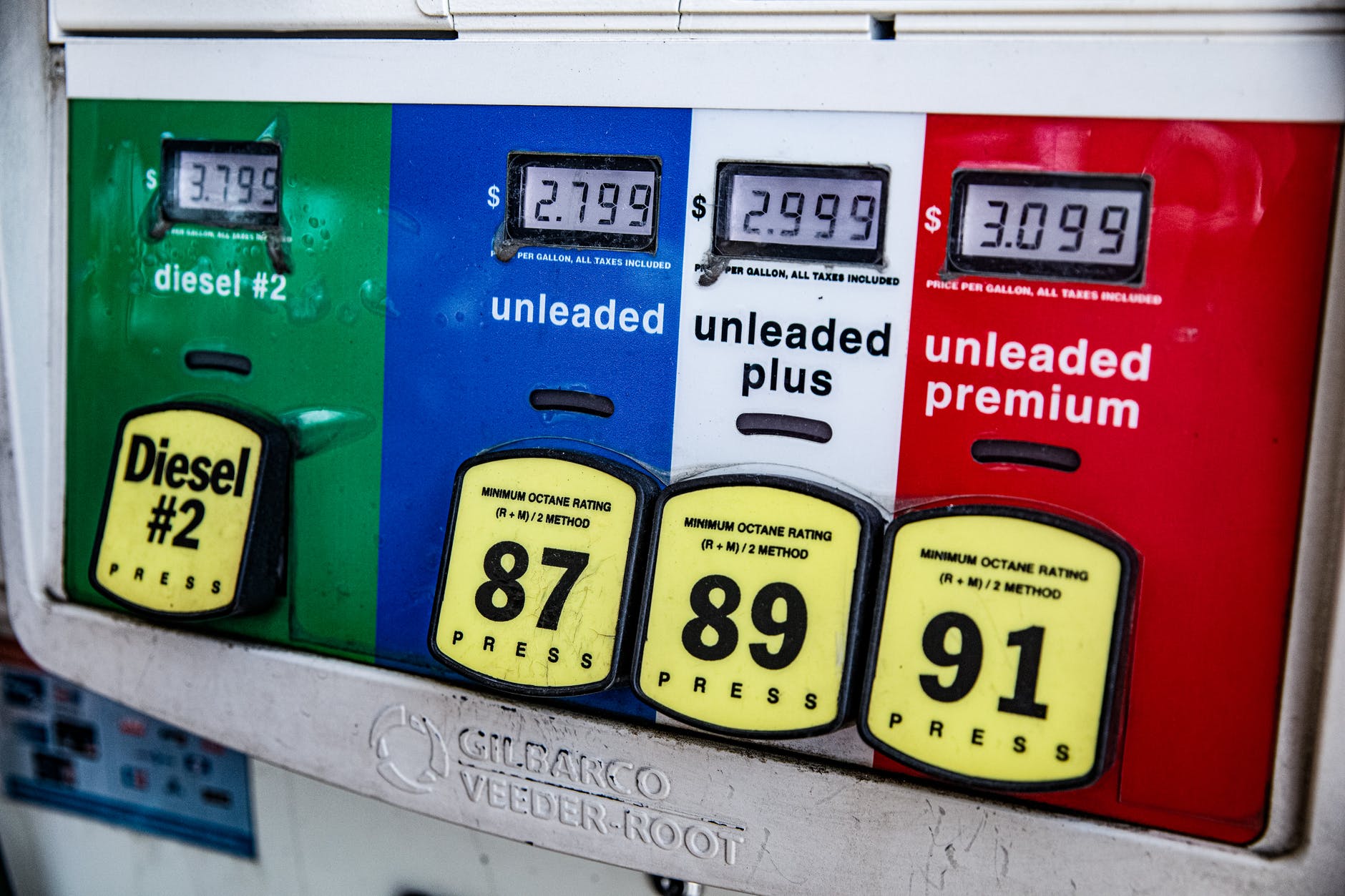Within the first week of July, three major legal victories for environmentalists took place. A federal district court ordered the Dakota Access pipeline to shut down by August 5, which had been carrying oil for 3 years from North Dakota to Illinois and risked polluting the Missouri River which the Standing Rock Sioux Tribe relies on. The U.S. Supreme Court refused to reinstate streamlined permitting for the Keystone XL pipeline, ruling that construction of the pipeline — which would bring oil from Alberta, Canada to U.S. refineries as far away as Texas — could not continue until further environmental review was conducted by the U.S. Army Corps of Engineers. Utilities Dominion Energy and Duke Energy cancelled the Atlantic Coast pipeline, which would have carried natural gas across the Appalachian Trail, after years of legal delays (and covid-19 uncertainty).
These legal victories lead to the question, what is the future of fossil fuels in the U.S.? Are these long-term victories, or just kicking the can down the road? Are these pipelines going to create more renewable energy, or is it just going to create economic problems or be substituted by more environmentally harmful ways of producing/distributing energy? The implications of the answer would be: is divesting from fossil fuel companies beneficial, both financially and for the planet? Should we discount these companies, even if they are doing work to decrease emissions from fossil fuels or make fossil fuels cleaner? Is ESG investing the future? How do we move to a carbon-free economy in a way that won’t disproportionately affect certain groups, like the poor, or those living in rural communities who rely on the fossil fuel industry to make a living?
The truth is, despite our progress towards 100 percent renewables (e.g. the Act for 100% Renewable Energy would make Massachusetts a leader in the fight against climate change with a bold commitment to 100% renewable energy by 2045), we are still going to rely on coal and oil and natural gas to meet energy demand for quite a while (though coal less so), probably until we develop energy storage capabilities that can replace baseload fossil fuels. While we can gradually divest from fossil fuel companies, oil and gas make up such a large sector of the S&P 500 and the economy. Take that away and you risk disproportionately hurting the economy, plus limiting investment opportunities.
Avoiding investments in fossil fuel companies can also be limiting. For one, it’s hard to know what to tackle — the big oil companies (ExxonMobil, Royal Dutch Shell, Chevron, BP) only produce about 10 percent of the world’s oil. The rest is produced by national oil companies (e.g. Saudi Aramco) that are state-owned and not directly exposed to shareholders. Thus, divestment pressures are unlikely to reduce overall demand for oil.
The value and impact of divesting may come more from the political message. The data makes it clear that the world needs to transition to a carbon-free economy quicker — we’re already experiencing the potentially catastrophic consequences of not doing so. The divestment movement is threatening the reputation of these companies. Financially, while harder to prove, there is growing consensus that fossil fuel investments are risky, given dropping coal and oil prices in recent years, and renewable investments are becoming more attractive, given the exponentially decreasing costs of renewable energy, particularly solar. By divesting, institutions send a message to companies that they are paying attention to company transparency around steps they are taking to reduce their carbon emissions (e.g. in April, Oxford University passed a resolution banning investment in fossil fuels).
Divesting is not enough by itself to make a global impact on meeting the Paris Agreement emissions targets. Eliminating fossil fuel subsidies, pouring more investments into R&D for clean energy/carbon capture technologies, and putting a price on carbon via a carbon tax or some other method are essential. But the fight against climate change is just as much about technological innovation and economic practicalities as it is about moral and political pressures.
Sources:
- https://e360.yale.edu/features/how-overreach-by-trump-administration-derailed-big-pipeline-projects
- https://www.nytimes.com/2020/07/06/us/dakota-access-pipeline.html
- https://news.bloomberglaw.com/environment-and-energy/justices-revive-fast-track-pipeline-permits-but-not-for-keystone
- https://theconversation.com/fossil-fuel-divestment-will-increase-carbon-emissions-not-lower-them-heres-why-126392#:~:text=But%2C%20while%20it%20may%20seem,even%20cause%20emissions%20to%20rise.&text=Fossil%20fuel%20companies%20are%20the,CO%E2%82%82%20emissions%20causing%20global%20warming.
- https://www.oxfordstudent.com/2020/04/20/oxford-university-passes-motion-banning-investment-in-fossil-fuels/






Leave a Reply